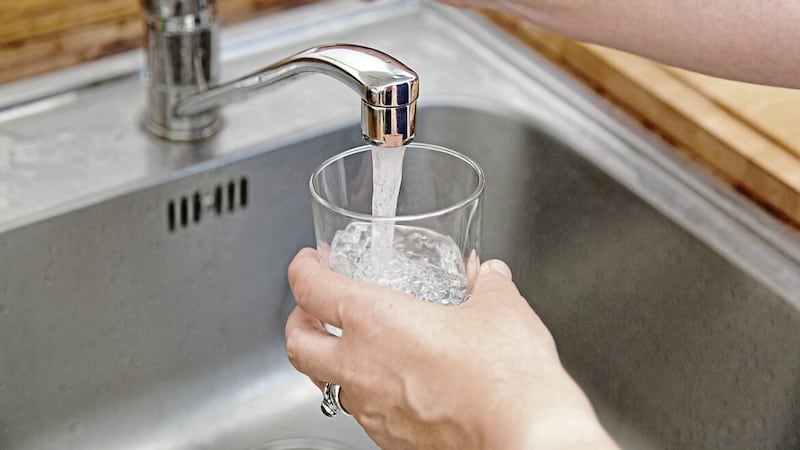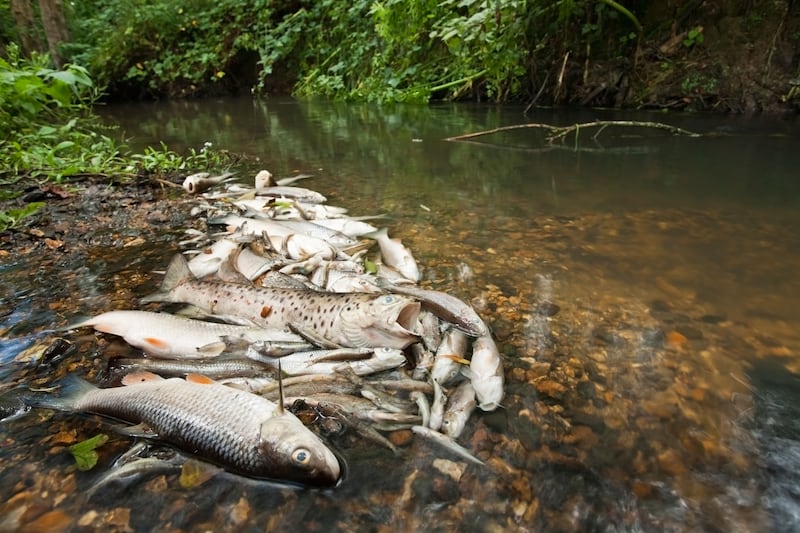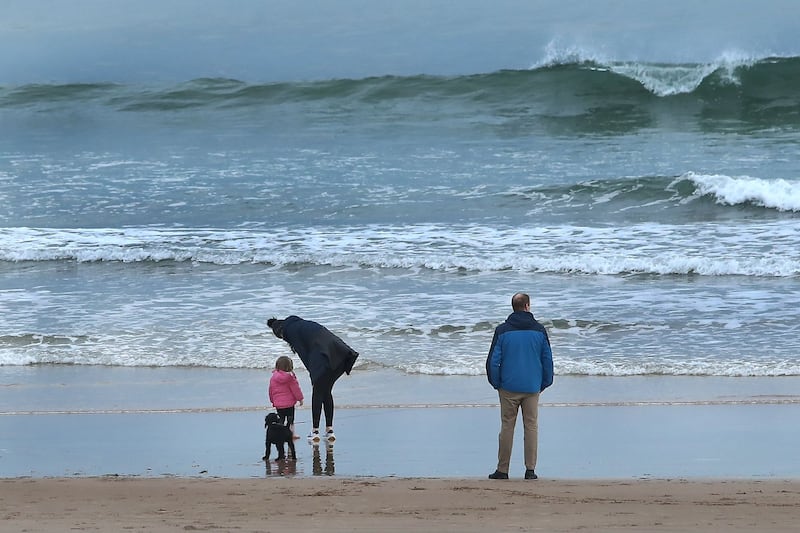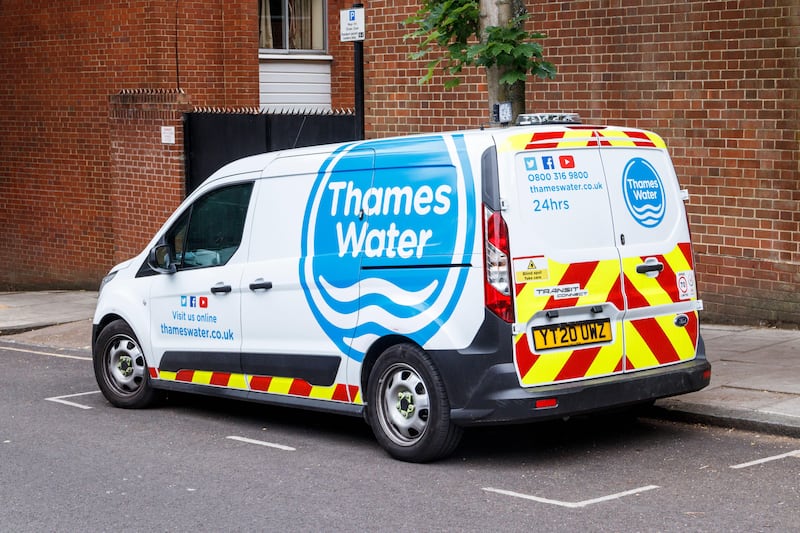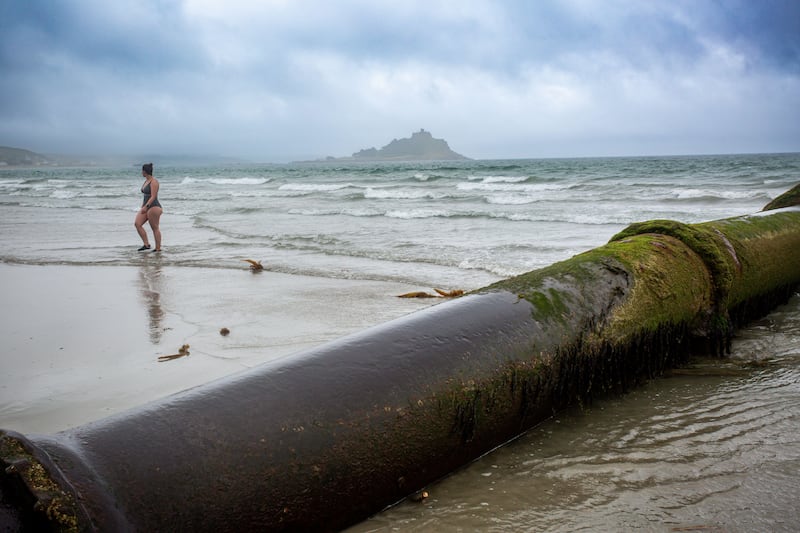THE need to transform water infrastructure is rarely disputed. Across the island of Ireland, there is a race to get things up to scratch and make the water and wastewater systems fit-for-purpose for modern life.
Also undisputed is the immense challenge this presents, not least in terms of investment and financing, planning, and resourcing. Much like the pressures on the health service, it is a cross-cutting issue that will never have one answer, one solution or can be resolved by one organisation in isolation.
In Northern Ireland, water was on the agenda in recent weeks as the recommendation of domestic water charges as a revenue-raising measure was said to have made its way on to a UK Government paper. That came just a few short weeks after non-domestic water charges increased by an average of 13.4 per cent in Northern Ireland, and so the well-worn argument of unpopular water charges versus under-investment continues.
Uisce Éireann, formerly Irish Water, continues its transfer to become the south’s national public utility, with full management and control of water services responsibilities. Compliance in treatment and wastewater standards also remains a hot topic following a report by Ireland’s Environmental Protection Agency (EPA) into urban wastewater treatment.
As time rolls on, with construction works dependent on a modernised water system and the responsibility on the sector to take climate action expanding, the need to transform the creaking water infrastructure becomes vital.
At the recent Water Ireland Conference, the notion that transformation is best achieved on a whole sector basis across owner, client, supply chain, regulators and customers was prevalent. As well as the relevant water utilities, sustainable improvement in delivering a resilient and low carbon water service is in the interest of government, local authorities, contractors, and consultants alike.
This is a welcome agreement and allows the sector to collectively look towards next steps. In the short-term, I see two main challenges emerging.
The first is the need to deliver compliance with water regulations in a sustainable, resilient way. Overhauling systems to create an asset base that copes with the various impacts of climate change and facilitates growth and provides service resilience through effective asset management and increased capital investment levels right across these islands.
Funding aside, these works will in themselves be carbon intensive, prompting the question of whether natural solutions to Ireland’s water infrastructure problem should be a significant part of the solution. In the near future, water utilities are likely to see embodied carbon become the largest source of their emissions as electricity continues to decarbonise and utilities undertake greater levels of self-generation.
With no silver bullet solution, the second question is how we generate a culture of innovation and collaboration right across the water landscape north and south. Credible ideas and solutions to the water challenge are out there, the challenge is creating the right conditions for an innovation culture and enabling the delivery of innovation in a traditionally risk adverse environment.
If we are to transform water infrastructure sustainably, and meet the challenges of increased customer expectations, climate change, asset resilience and increased investment, it is the commitment to implementing transformation collaboratively, and never in isolation, that will get us there.
:: John Carty is an experienced water industry consultant and is account director (utilities) at OutForm Consulting, a business transformation consultancy specialising in infrastructure and construction.
